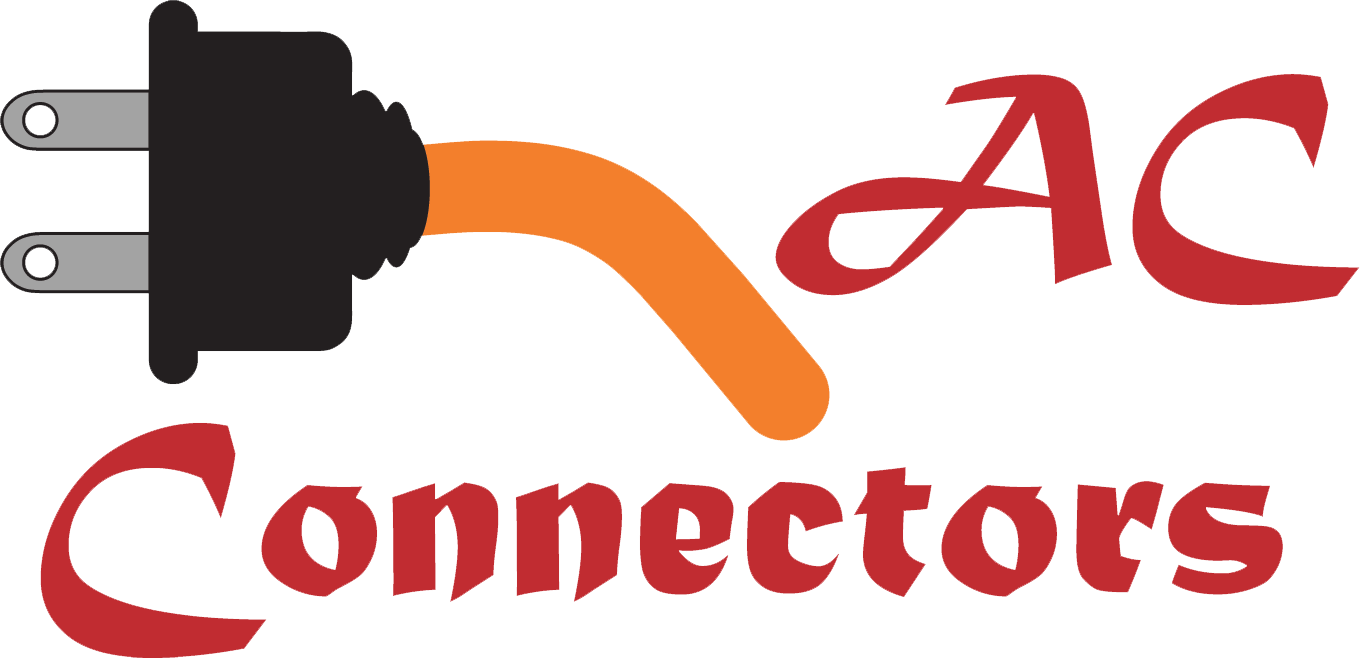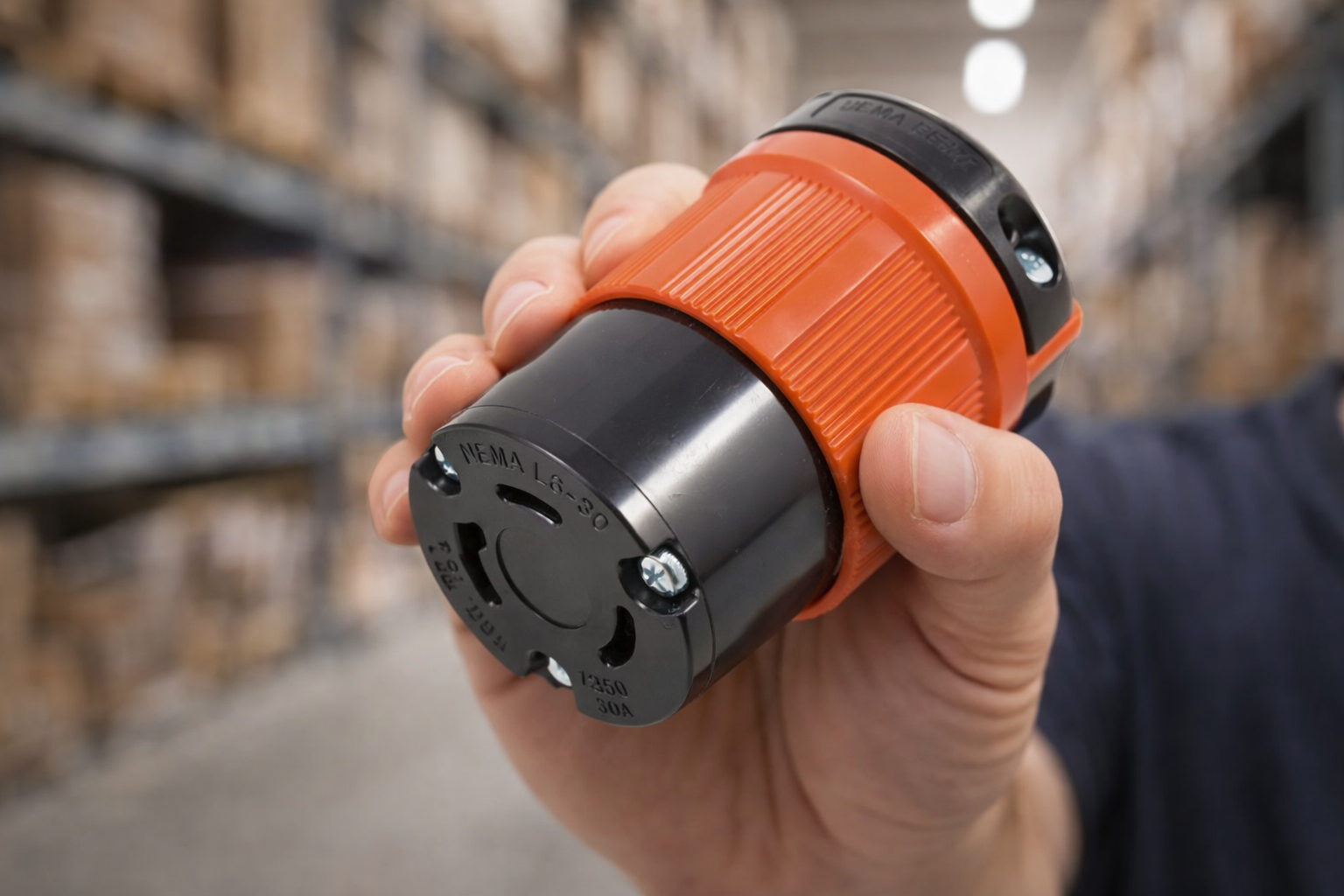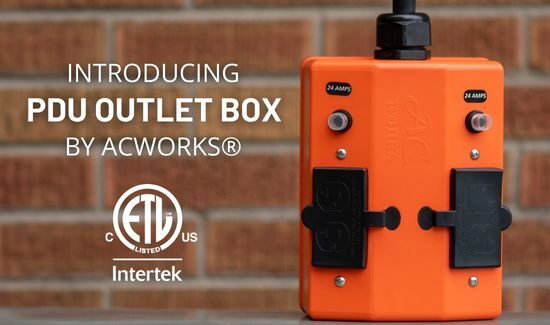The month of April is RV month. We have helped you decide how to choose your generator to power your RV and helped to prepare your RV for the season. As you know, using a generator combined with an RV has some risks. The same as anything you may do you should know the risks and how to keep safe during use.
One of the biggest safety concerns when using your RV and/or your generator is Carbon Monoxide poisoning. If you don't already know what Carbon Monoxide CO is, you should learn before using your RV or generator. This gas, if exposed to you, can cause sickness or worse. We want to make sure you know the best practices to use when working with your generator.
Carbon Monoxide: A colorless, odorless very toxic gas that is formed as the product of the incomplete combustion of carbon or a carbon compound, according to Merriam-Webster dictionary. You can learn more about carbon monoxide safety here.
You should always inspect your generator and RV exhaust systems. Avoid running either of them if there is damage until your able to repair the damage. Another very important tip is to make sure your portable generator exhaust is pointing away from your RV and camp area. Lastly, you should never run your generator when everyone is sleeping. If there is an issue with the generator causing Carbon Monoxide to enter your RV, you may never know it. This can lead to Carbon Monoxide poisoning and even death.
We have extension cords and adapters you can use to be sure you are keeping your generator at least 5-6 feet or more away from your RV. The extension cord in the image below is our L1430PR, which comes in lengths of 10, 25, 50, 75 and 100 feet.
TIP: Be a good neighbor, when you are using an extension cord to keep the generator away from your RV. Make sure you are not forcing your exhaust into another persons' camp or RV next door.
The adapters in the image above are our ADL1430SS2, RVL1430M30, and our RVL14301450. All three of the adapters shown in the image with our extension cord are AC WORKS brand RV/Generator adapters. The adapters are used in a variety of situations to meet your needs. If you are not sure what adapter you need, contact our customer service department and they will walk you through to your solution.
Make sure you are keeping your generator on the dry level ground. If it is raining or snowing when you are out camping, at least try to keep your generator covered under a canopy or overhead of some kind.
Store your generator fuel in proper storage containers outside of your RV. Keeping your fuel inside your RV is a fire hazard. You also want to avoid keeping it right next to your generator because if the fuel spills on to the hot generator it could ignite a fire.
When it is time to pack up and head home, make sure your generator is completely cooled before packing it into your RV.







Share:
How to Prep your RV for the Season
RV Electricity Tips
1 comment
My friends and I are going on a road trip this summer, and I need to get my RV a generator before we set off. Thanks for the tip about doing regular inspections on your generator and RV exhaust systems so you won’t run into damages and hazards such as carbon monoxide exposure. I’ll be sure to keep this in mind when I get my generator installed by a trusted professional. https://www.earlselectricalservice.com/generators/rv-generators/